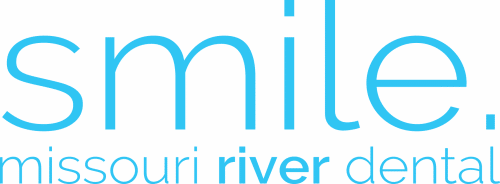Teeth In A Day Cost
“Teeth in a day" is a dental concept related to implant dentistry. It typically refers to a dental procedure where a patient can receive a full set of teeth (either upper or lower arch) supported by dental implants in a single day. This approach is also known as "All-on-4” implants.
The procedure involves placing a fixed prosthesis, often a denture or bridge, onto four dental implants strategically positioned in the jaw. These implants provide stability and support for the replacement teeth. The advantage of "teeth in a day" is that patients can leave the dental office with a functional set of teeth on the same day as the implant surgery, avoiding the need for extended periods without teeth.
As every case is different, it is difficult to place an exact number on how much the procedure will cost. In general, the cost of teeth in a day can range from $5,000 to $30,000 or more. There are many factors that will determine the final price of having same day implants:
* Dental Professional’s Experience: the experience and expertise of the dental professional performing the procedure can impact the cost.
* Geographic location: prices can differ based on the region or country where the dental procedure is performed. Larger metropolitan areas will often have more experienced doctors who will charge a higher price than those in rural areas.
* Materials Used: the type of materials used for the implants and prosthetics can affect the overall cost. High-quality, custom-designed prosthetics may come with a higher price tag. Patients should discuss possible prosthetic options and their associated costs with their dental professional.
* Additional Treatments: if any additional treatments or procedures, such as bone grafting, are required, these can add to the overall cost. A comprehensive treatment plan that addresses individual oral health needs may involve additional procedures.
* Dental Clinic or Facility: the equipment, resources, and amenities of the dental clinic or facility where the procedure is performed can also influence the cost.
* Insurance and HSAs: as long as the procedure is not considered cosmetic, many dental insurance plans will help to cover up to 80% of the associated costs. Health Savings Accounts (HSAs) are a great way to save money that can be spent tax free on dental procedures.
* Individual Patient Factors: the unique characteristics of each patient, such as overall health, specific oral health conditions, and complexity of the case, can influence the overall cost of the procedure.
Given these variables, it's challenging to provide a specific cost without knowing more details about your individual case and location. It's recommended to consult with a local dentist or oral surgeon for a personalized assessment and cost estimate based on your specific needs and circumstances.
